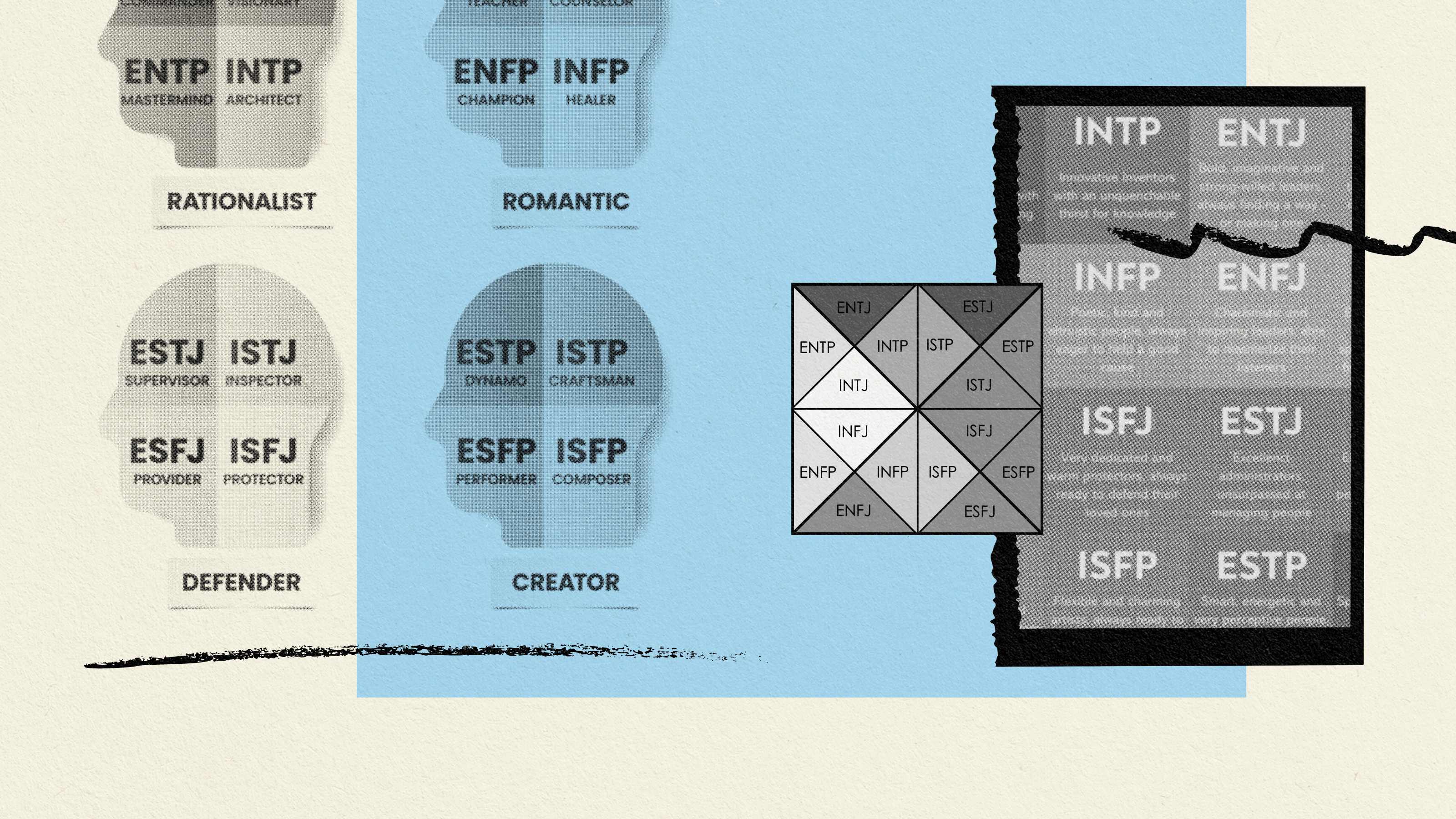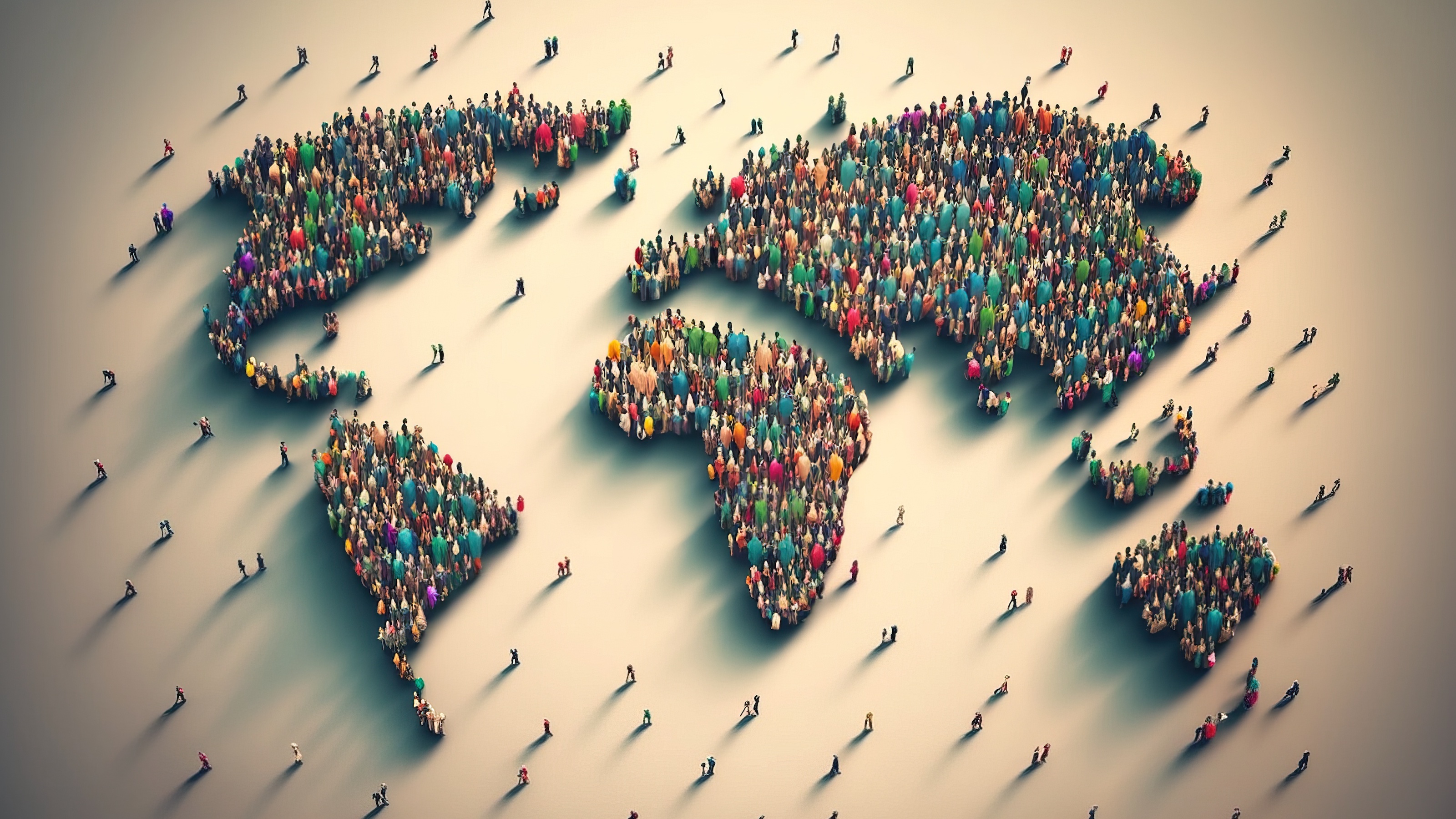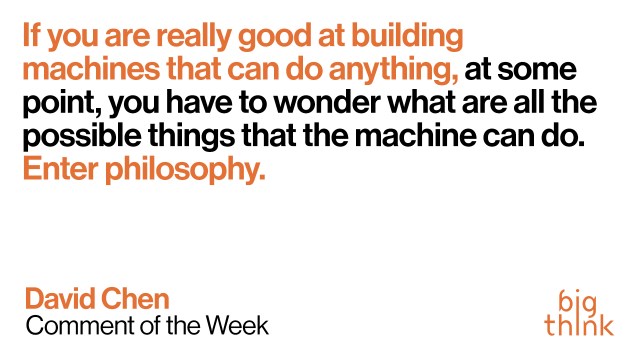Who are the most offended by unfairness? Rich people.

- The study was conducted by researchers in China and the Netherlands.
- In economic situations, wealthy people were found to be considerably more offended by unfairness.
- Out of spite of feeling they are being treated unfairly, they'll reject an offer.
Words like entitled and privileged get thrown around a lot in conversations about wealth inequality. These terms are usually applied to the wealthy. But are there any measurable differences in the ways rich and poor people act out these traits when confronted with, say, an unfair deal? Research suggests there are.
According to a study published in the Journal of Experimental Social Psychology, wealthy people feel more entitled to fairness and tend to reject unfair offers, and sometimes reject them out of spite.
The researchers, based in China and the Netherlands, conducted several studies to explore how people of various economic backgrounds behave when confronted with unfair deals.
In the first study, 278 participants were selected in China to play one round of the ultimatum game. The game, which is frequently used in economic experiments, works like this: One player (the proposer) is given a sum of money and is instructed to propose how to split that money with another player (the responder.)
The proposed split can be fair or unfair. The responder can then choose to accept or reject the offer. If the responder rejects, both players receive nothing.

This ultimatum game used in the experiment was modified so that participants played only the role of responder. They had to accept or reject the following offer (converted here to U.S. dollars): the proposer gets $8, the responder gets $2. It was unfair, in other words.
After participants played the game, they provided researchers with their age, gender, ethnicity, family income, religiosity and educational background. They were also paid if they had accepted any unfair offers.
The results showed 43 percent of participants rejected the unfair offer. And a binary logistic regression revealed that family income significantly predicted their decisions to turn down the bad offers.
The researchers conducted two more studies. In the second, participants were again presented with a one-shot ultimatum game, only this time all participants were given $3 and half were randomly given $5 in a “lucky draw” game. This game required no skill, seeing as researchers wanted to see how these participants’ temporarily inflated wealth would affect their decision-making, and they didn’t want merit or work to be a factor at all.
After playing the “lucky draw” game and the ultimatum game, participants reported the same demographic information and were paid out. The results showed that 58 percent of participants rejected the unfair offer, and that here again family income significantly predicted that decision. Interestingly, those who were randomly awarded $5, which is to say those who were made to feel relatively and temporarily wealthy, rejected unfair offers more often than those who weren’t awarded the $5, ostensibly because they felt more entitled to fairness.
Finally, researchers conducted a third experiment that closely mirrored the second, only this time they added a middle-income group and changed the ultimatum game so that participants were told they would still receive the proposed sum even if they shot down the unfair offer.

Diagram of the cost-free rejection game.
The purpose of the cost-free game was to address a concern surrounding the study, which was that poor people might be in more need and, therefore, more willing to accept unfair offers while the rich individuals could afford to reject a bad deal.
Findings suggested that cost for rejection did not moderate the effect of wealth on rejection of unfairness. Thus, the wealth effect on response to unfairness could not be explained by need or cost, although participants were more likely to reject when rejecting an unfair offer was cost-free than when it was costly.
Another interesting finding in the third study was that the middle-income group rejected unfair offers similarly to the low-income participants, while the rich turned down bad offers with much higher frequency, leading researchers to suggest:
. . . having more makes people feel more entitled to fair treatments (‘have-more-effect’), not that a state of ‘having less’ undermines feelings of entitlement. Taken together, these findings provide strong support for the notion that the wealthy feel entitled to their fortunate situation, and are therefore more likely to reject unfair offers by others.
The paper ends by suggesting that their findings can inform future conversations about wealth inequality:
The present findings are relevant to this debate, and raise the possibility that feelings of entitlement by the wealthy may serve to justify self-interested behaviors in various domains, and perhaps cause assertiveness not appreciated by less fortunate others. Moreover, our research suggests that the wealthy, or people who temporarily feel wealthy, are more easily offended by unfairness. . . our findings suggest that wealth alone, even merely by luck, makes people feel more entitled, and more likely to reject unfair offers.





